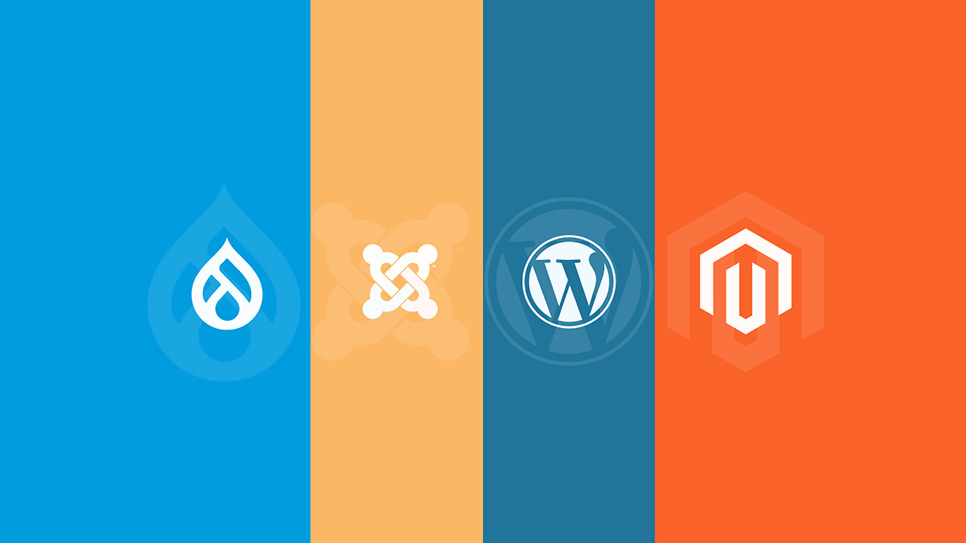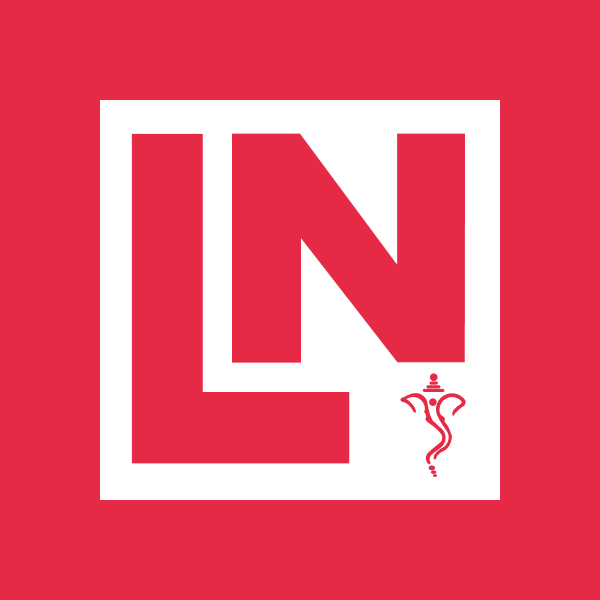Which Content Management System Is Better: Drupal, WordPress, Joomla?

Even though WordPress runs more than 41% of all websites on the internet, it is not the only open-source content management system (CMS) available. There are also popular software alternatives like Joomla and Drupal.
They have a lot in common and a lot of major distinctions. Each one is a distinct website builder with its own set of advantages and disadvantages.
We’ll compare WordPress, Joomla, and Drupal to see which is the greatest fit for your needs.
First, let’s see that what are the common Features they all offer:
What Common Features Drupal, WordPress, and Joomla Hold in Their Basket?
In terms of technology, concept, and community, all three of the web’s most popular CMS have a lot in common.
- WordPress, Joomla, and Drupal are all GPL-licensed free and open-source software.
- They’re all written in PHP for the most part.
- All of them use MySQL as a database management system. WordPress only supports MySQL, but Joomla and Drupal both support a variety of database management systems.
- They all utilise themes and templates to customise the look of their sites, as well as plugins, modules, and extensions to add new functionality.
- They’re all community-driven projects because they are open-source software.
- While they have many commonalities, they differ in a number of ways.
- For example, they have distinct principles on what should be included in the core programme, how modules and templates should be handled, and how security should be handled, among other things.
These distinctions have a significant influence on users and how they build websites.
With that in mind, let’s see how WordPress, Joomla, and Drupal stack up against each other so you can pick the finest website-building platform for your business.
Beginner-Friendliness and Ease of Use
The majority of individuals who create websites are neither web designers, programmers, or web developers. They are ordinary people who just wish to create a website. For the majority of consumers, ease of use is the most essential element.
WordPress
WordPress has a well-known five-minute installation. The majority of WordPress hosting companies also support one-click WordPress installation. This makes it very simple for a novice user to launch a WordPress blog or website in minutes rather than hours.
Joomla
Although Joomla installation may not appear to be as rapid as WordPress, the processes are fairly comparable. Aside from that, several shared hosting companies provide Joomla one-click install packages.
Drupal
The installation of Drupal is identical to that of Joomla and WordPress. Simply download and upload the package, then execute the script to install it. Drupal also has distributions available. These are Drupal bundles that come pre-configured with modules and configurations to help you build various sorts of websites.
Add-ons and Themes
WordPress
Themes are used by WordPress users to modify the appearance of their site. WordPress comes with a few pre-installed basic themes.
Joomla
Joomla has templates and extensions, much like WordPress. There are excellent extensions for almost anything, from setting up an eCommerce site to handling email.
Drupal
The availability of themes and modules is a problem with Drupal as well. Users must leave their current site, look for the module and theme they wish to install, and then find the project’s zip file URL. But it keeps updating with new and exciting features.
Security
When it comes to picking a CMS for your website, security is crucial. Almost every website on the internet is at risk of being hacked.
WordPress
WordPress-based websites are frequently targeted by hackers due to their popularity as the world’s most popular CMS. WordPress, on the other hand, is designed on a very safe code and responds to security flaws fast.
Joomla
When it comes to security, Joomla is quite comparable to WordPress. They are quick to respond to any security flaws and patch them immediately. However, it is still the user’s responsibility to maintain a website and apply updates.
Drupal
Drupal takes security extremely seriously. As security flaws are found and patched, they post them on their own website.
Conclusion
The content management systems Drupal, Joomla, and WordPress are all excellent. But Drupal comes with many more built-in features than WordPress.
As a result, we may conclude that these Content Management systems will develop new themes and modules over time. So, you can select one that best meets your requirements.
